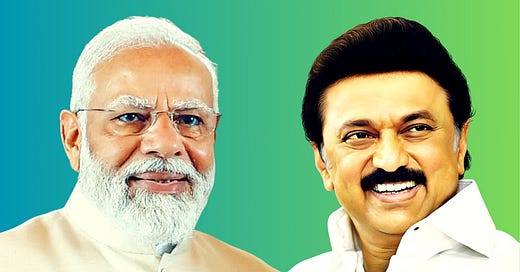How can the Centre still stall state laws after SC’s verdict?
Supreme Court has clipped Governor’s powers, but the Centre still holds tools to delay or derail state legislations. This is how it works
By Sanjay Dubey
The Supreme Court has drawn clear lines: Governors cannot sit indefinitely on bills passed by elected state legislatures. In a recent case involving the Tamil Nadu government, the Court ruled that a Governor must act on a bill—either by giving assent or withholding it—within a reasonable time frame. Delays cannot be open-ended.
More importantly, the Court clarified that if a bill is withheld or returned to the legislature for reconsideration and subsequently re-passed by the Assembly, the Governor is constitutionally obligated to grant assent. The Governor cannot then send the bill for the President’s consideration. This ruling is expected to have long-term implications for Centre-State relations, particularly in states where the Governor and the elected government are politically opposed.
The judgment has narrowed the discretionary space available to Governors. But does that mean the central government can no longer influence, delay, or derail the legislative agenda of a state? Do Governors—and through them, the Centre—still have any constitutional or political tools at their disposal?
According to Article 200 of the Constitution, when a bill is presented, the Governor can do one of four things: give assent; withhold assent; return it to the legislature for reconsideration; or reserve it for the President’s consideration.
Article 200 also stipulates that if a bill is re-passed by the legislature, the Governor must give assent. They can’t withhold approval again. However, the Constitution does not specify a time frame for any of these steps. Taking advantage of this silence, Governors have often sat on bills for years without taking action. With the Supreme Court’s recent ruling, that loophole has been narrowed. So what can a Governor still do to influence the process—either to stop the state from doing something wrong or to please political masters in Delhi?




